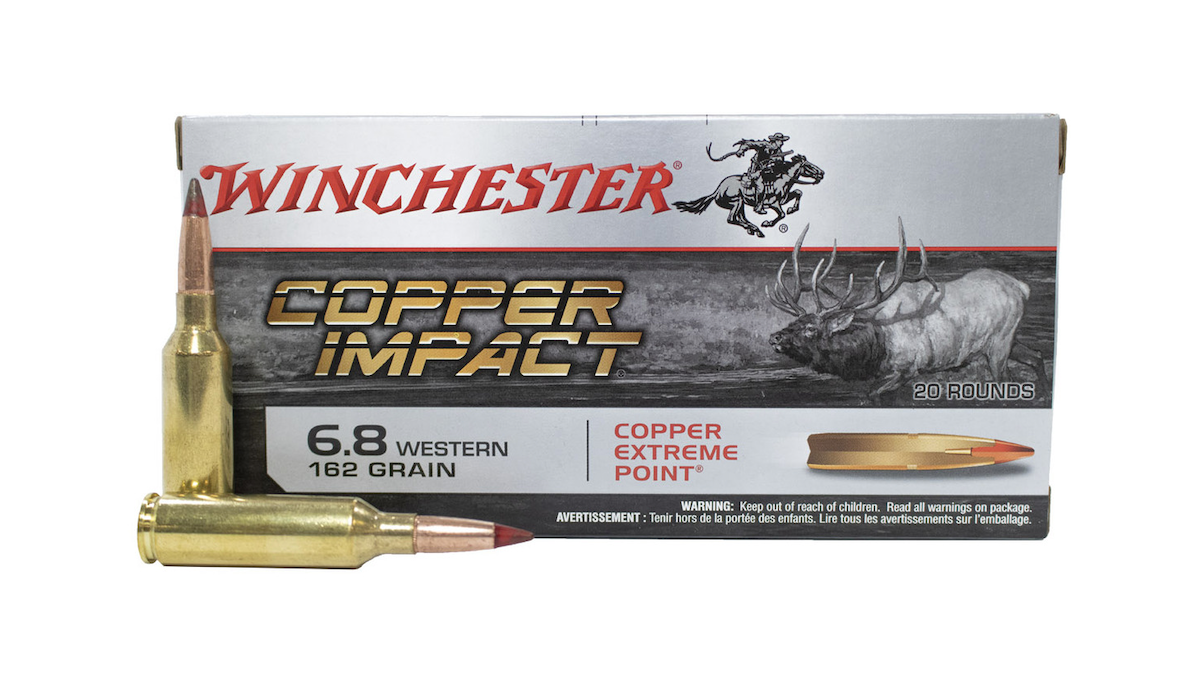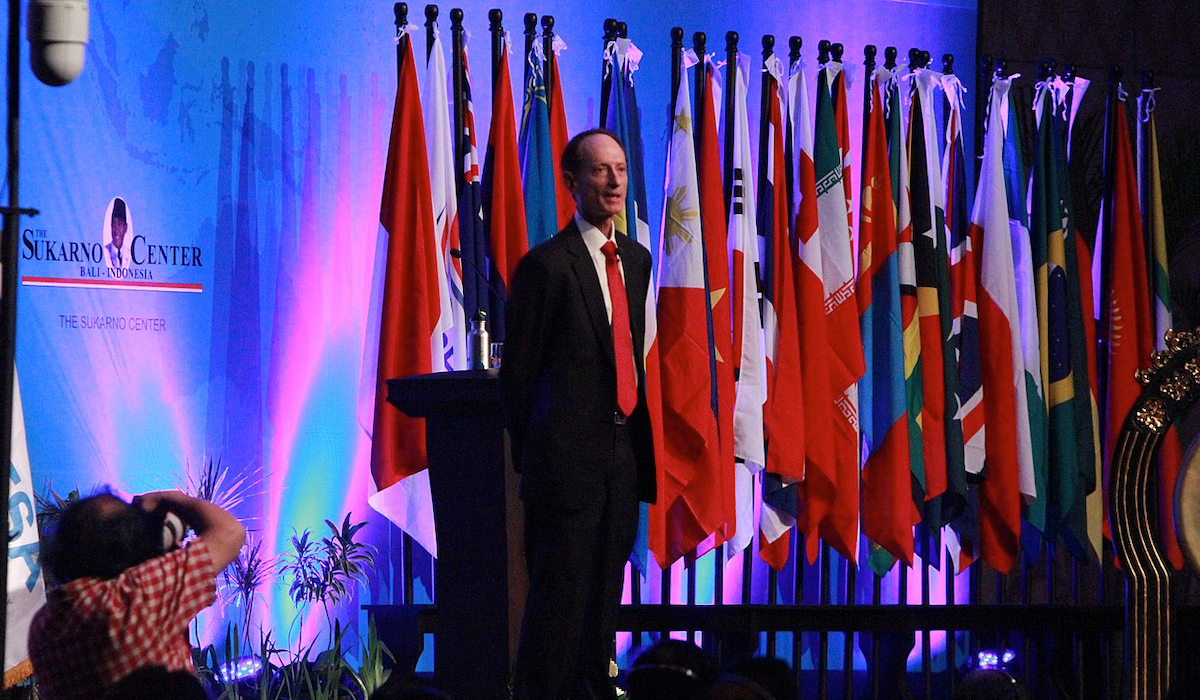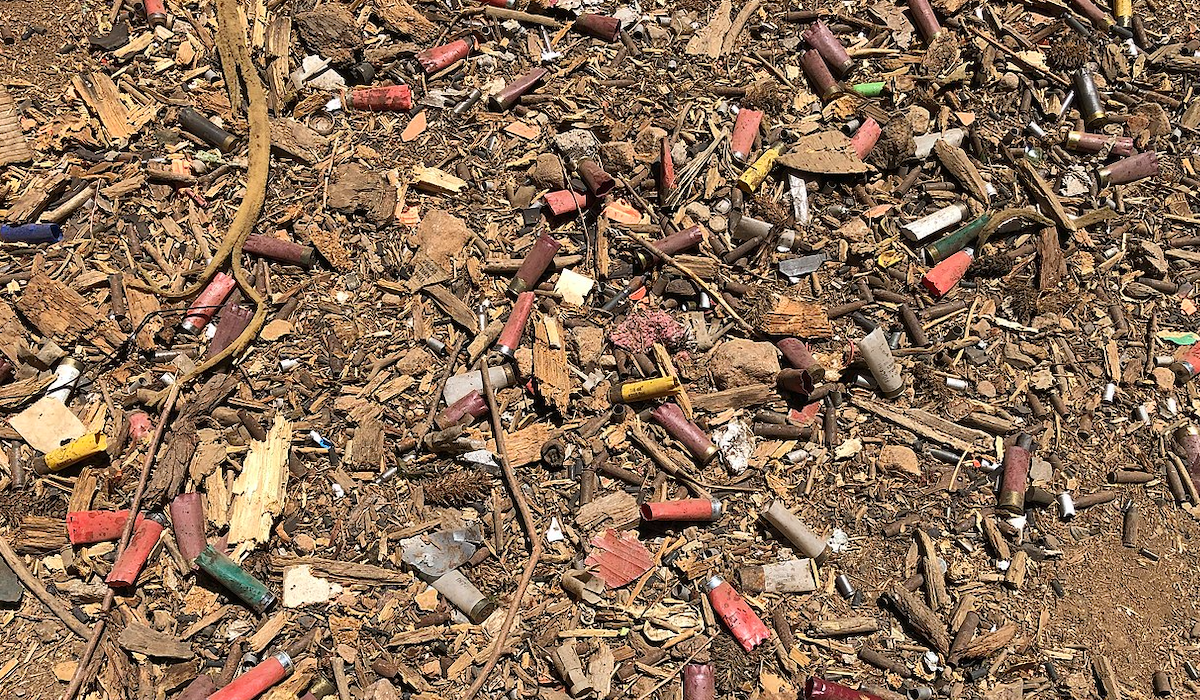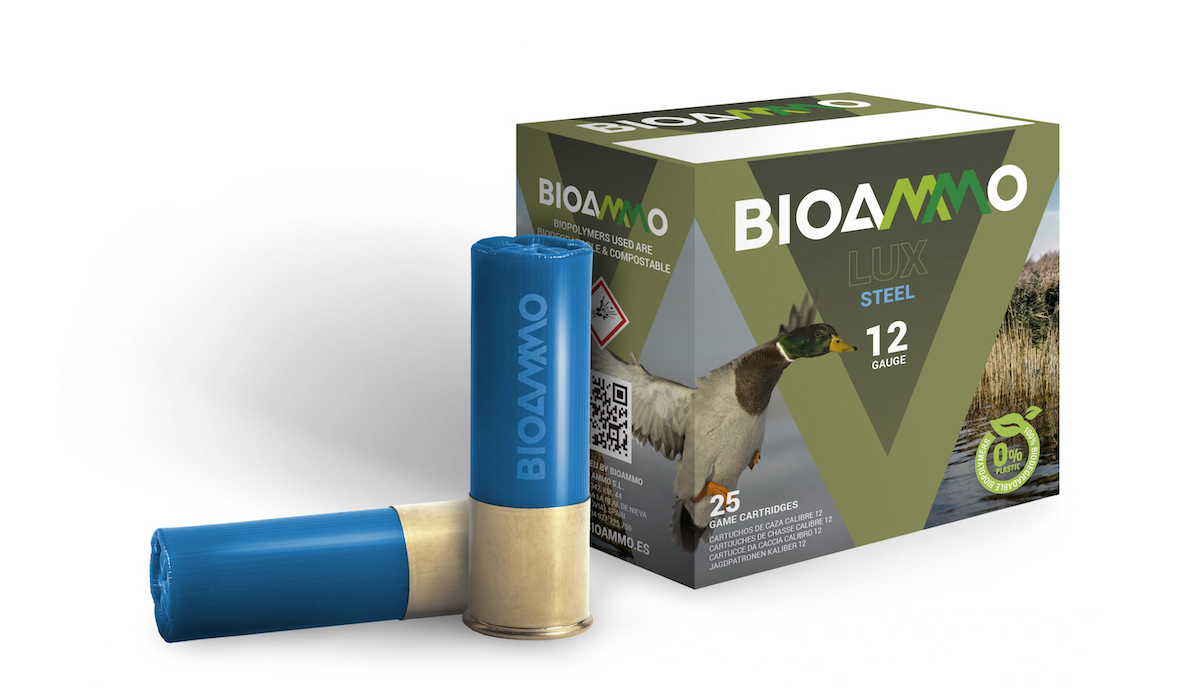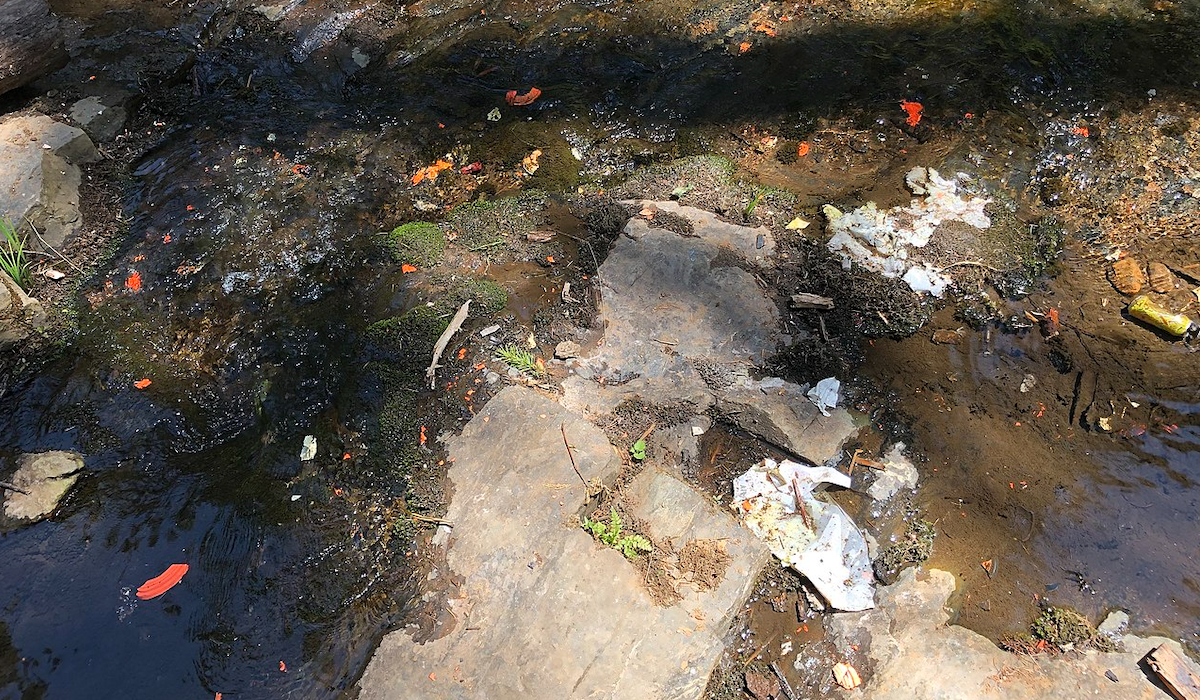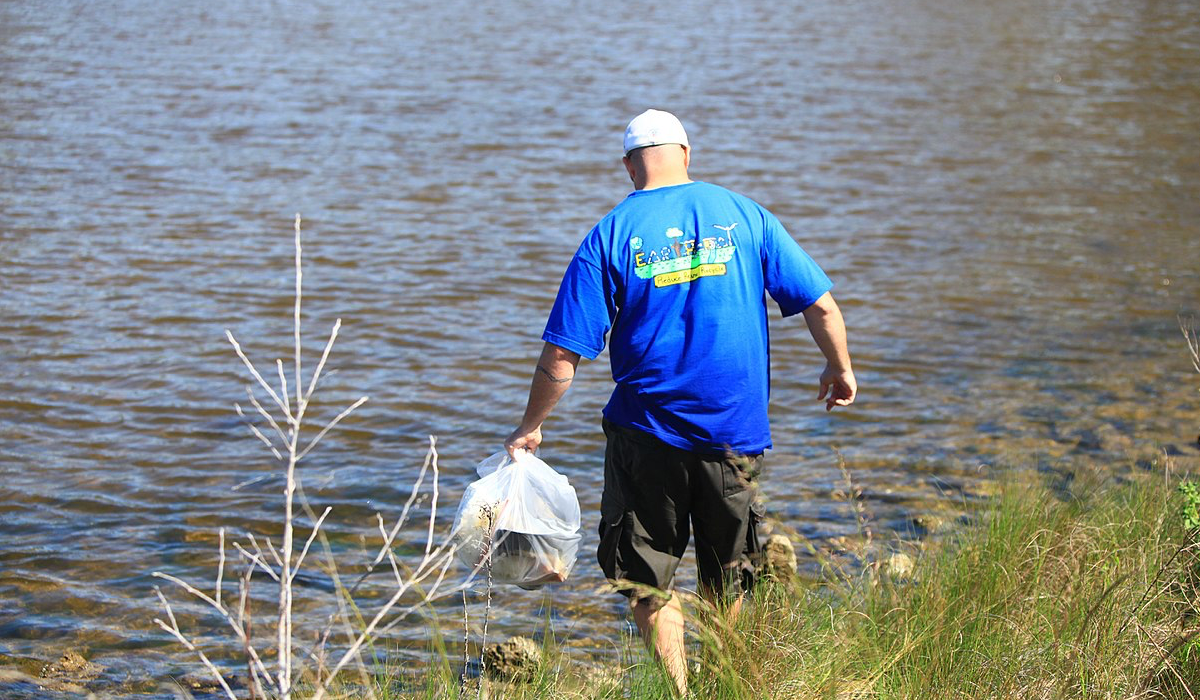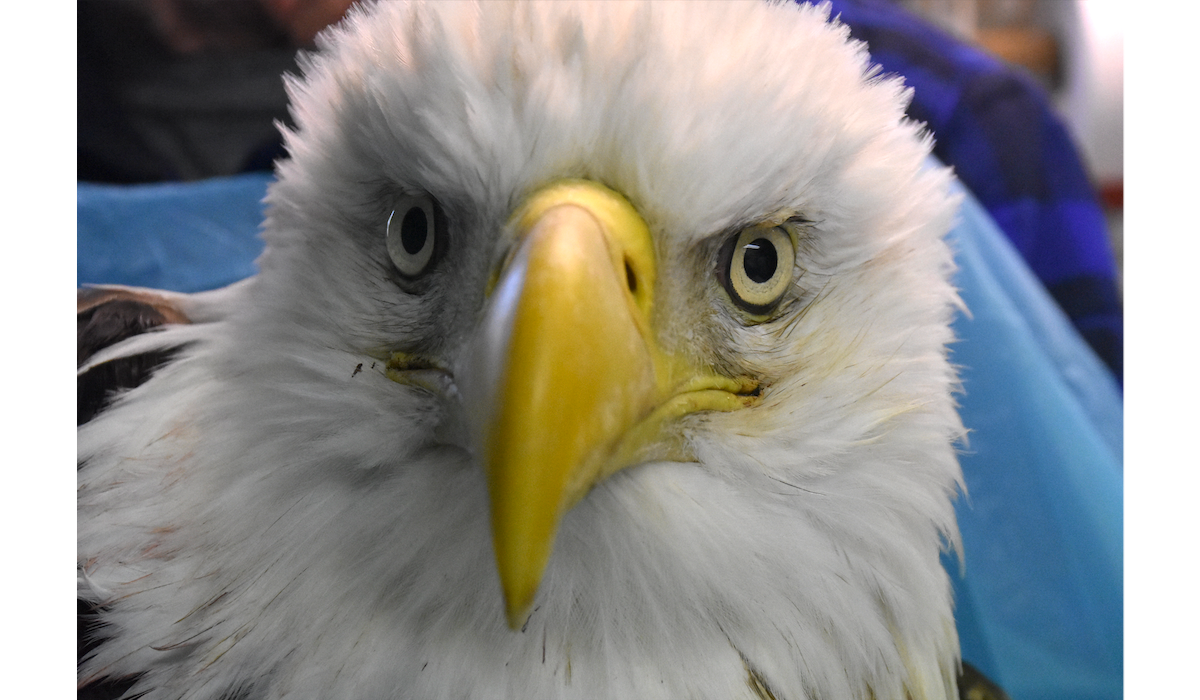Lessons from an Eagle: Conservation Out in the Field
Nicolas Lenze 05.13.22
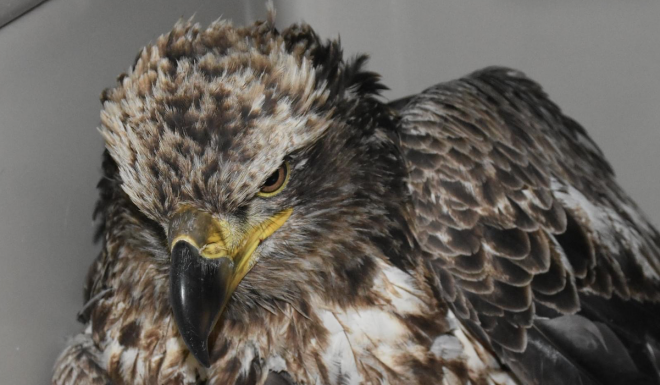
I come from a generation where nobody calls each other. Texts are the preferred way to communicate which makes it especially odd (or suspicious) to receive a phone call. Recently, I found myself getting a call from my Aunt Judi. The instant dread of ‘Who died?” set in and I picked up. I instantly recognized distress in Aunt Judi’s voice, then she hit me with the news. Everyone I knew was okay, but a dear friend to all Americans was not. Judi is an animal lover and spends her time volunteering with the Avian Wildlife Center. She was calling, frustrated, to let me know that a young bald eagle was in her care, sick with lead poisoning, and things didn’t look good. This made me ask myself what I could do to help conservation efforts while still in the field.
How Can I Help Conservation on the Front End?
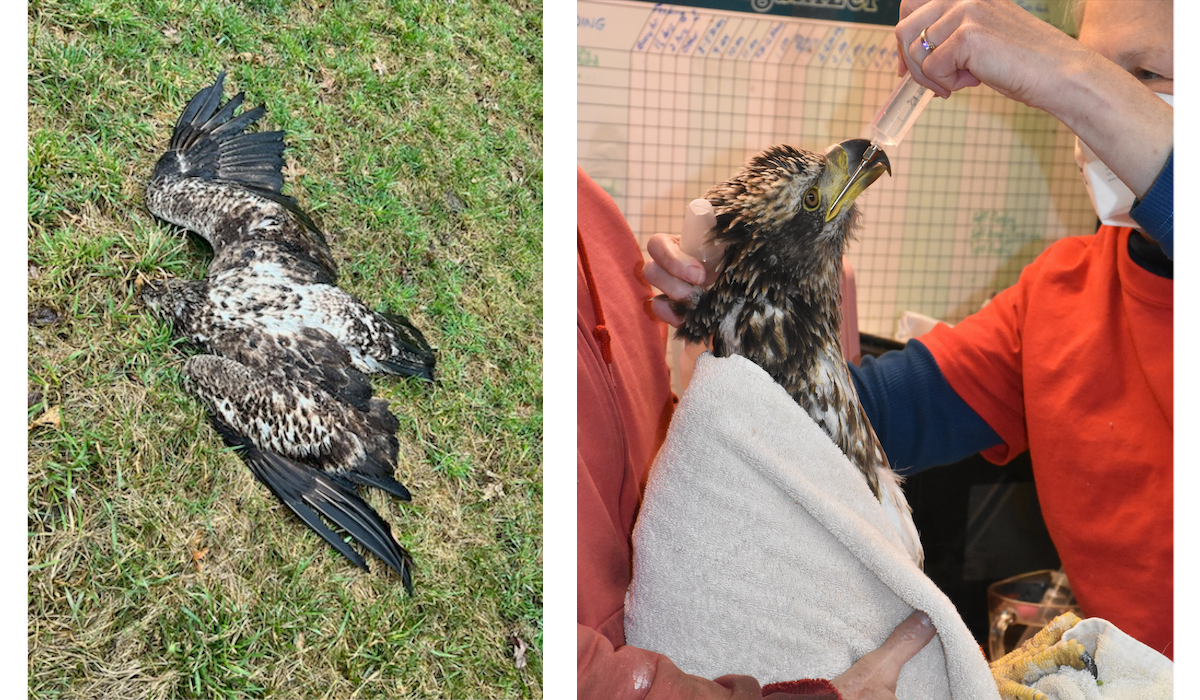
Seeing that young bald eagle hurt on a deeper level. Seeing this animal, a symbol of our freedom, so negatively affected by our community was upsetting. Having ingested animals that had been shot, we could very well lose this eagle. After doing some research, I came up with three easy things that all of us can do to help.
Use Lead-Free Ammunition
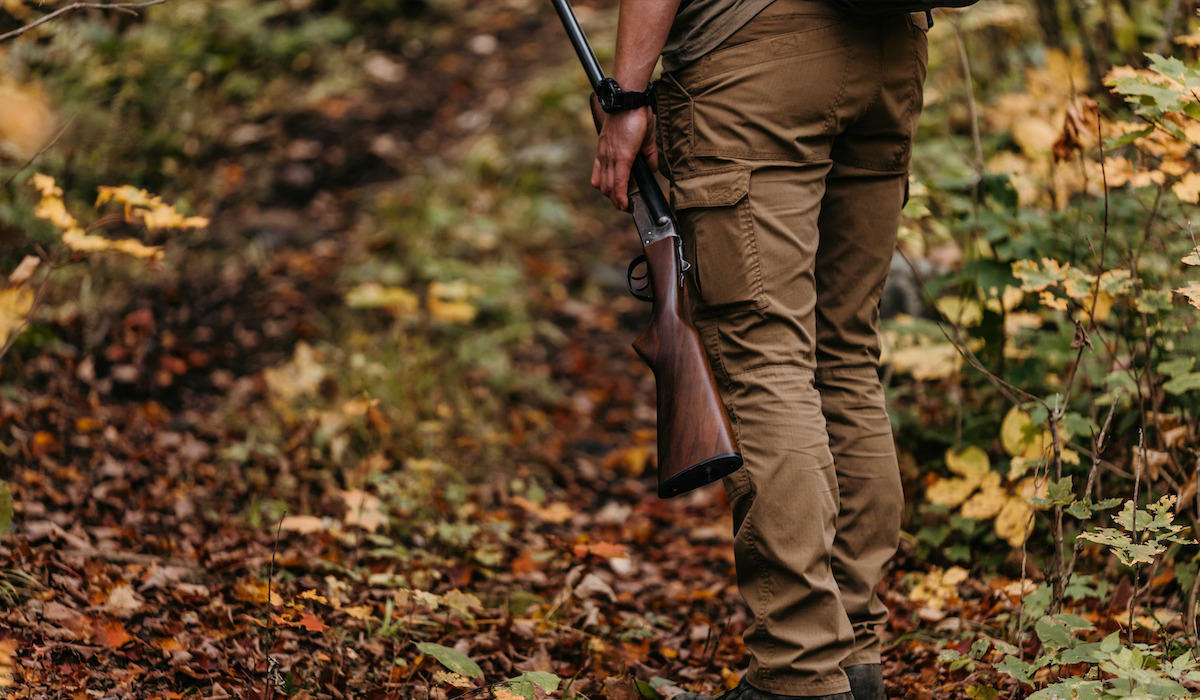
Before you turn the dial, I am not in favor of the laws of the state forcing people to use lead-free ammo. I’m counting more on the impossible-to-ignore laws of cause and effect. According to the Humane Society of the United States, an estimated 20 million animals are found with lead poisoning every year. Much of this lead enters the animals through them eating other critters that had been shot.
One of the big problems seen with lead-free ammunition is the cost. Copper bullets and steel shotshells are more expensive, but what does it cost not to use them? With more attention being given to shooters and hunters every year, the last thing we need is to supply fuel to those who disagree with our way of life. Ignoring the issues facing our environment is the quickest way to enact legislation against us. While we’re on the subject of legislation, let’s tackle the gorilla in the room.
When we hear about saving the environment, it’s often in the form of some terror-filled speech given in front of a blue banner. Many people who enjoy hunting prefer another color and see environmental efforts as being a goal of their enemy. The truth is that we can all benefit from protecting our natural resources. Don’t get caught up in the narrative. Remember that our goal should be to protect our favorite activities so that future generations can enjoy them, as well.
Bio-Degradable Ammunition
So, what if you want to help but you also want to blast some geese? Simply pick up your hulls. Sometimes, though, it’s not that easy. Snow, trees, bushes, and dirt do a great job of making shells and casings vanish. What if you didn’t have to worry about a few missed hulls? I was recently made aware of a company called BioAmmo. Based in Spain, BioAmmo is focusing on creating biodegradable ammunition. Currently, they offer 12-gauge shotshells constructed of 0% plastic. The wads and cases are also biodegradable, as they’re made from a vegetable biopolymer.
This isn’t a common initiative with ammunition companies, but why shouldn’t it be? Ammunition technology is waiting on the next technological leap, and that leap will come in the form of new materials. If the goal of those materials included bio-friendly properties, everyone would benefit.
Pack It Out
I’m going to be blunt. The fact that not leaving trash everywhere is a relevant topic, even now, frustrates me to no end. I would think that this is common sense, yet over and over, I find trash (mostly masks and cans) left all over. A simple policy of “pack it in, pack it out” is the best way to combat this. Bring a bag to hold your trash and leave room in your pack to carry it back with you.
A few months ago, a local group of shooters had to organize the cleanup of a public shooting area near where I live. These people volunteered their time to pick up spent shells, cases, targets, and other trash. All of this could have been avoided if people simply cleaned up after themselves. Save me. I sound like my father.
It Costs Nothing to Care
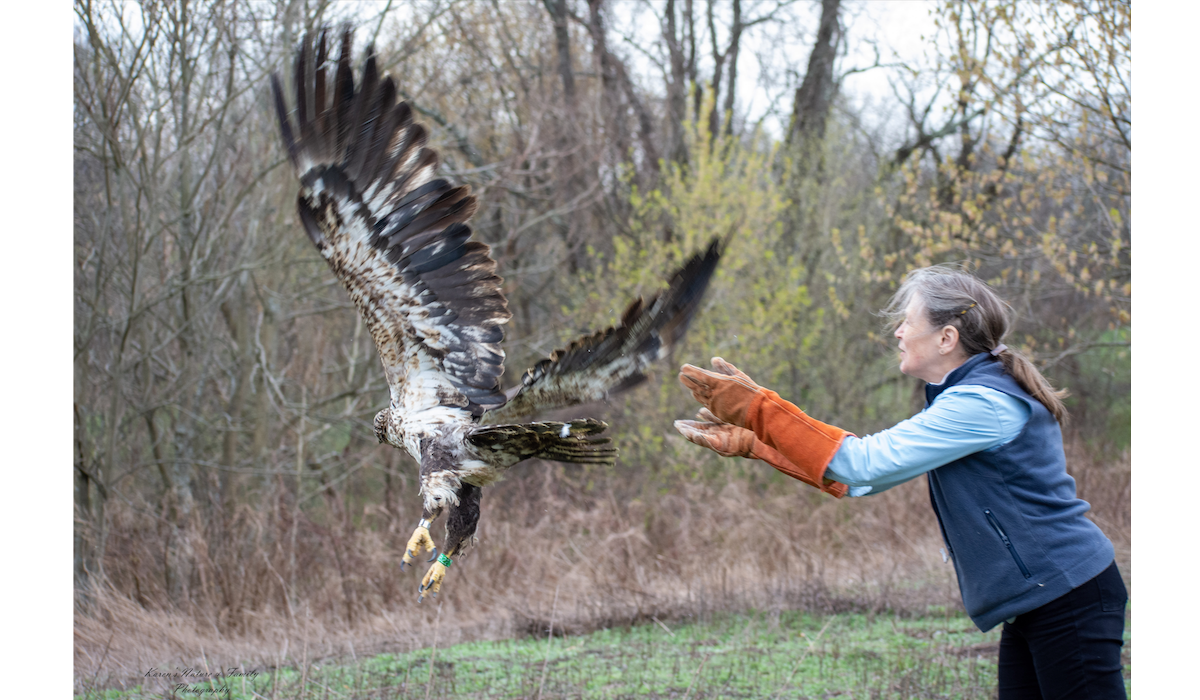
The single most important thing we can do is to care. I’m not asking you to change your life completely. I’m certainly not asking you to stop shooting and hunting. These are all activities that I enjoy and want to continue participating in. Yet, the image of that young eagle still affects me. Just keep the idea of conservation in your mind when enjoying nature. If you see some trash, pick it up. It costs nothing but can pay dividends in the long run.
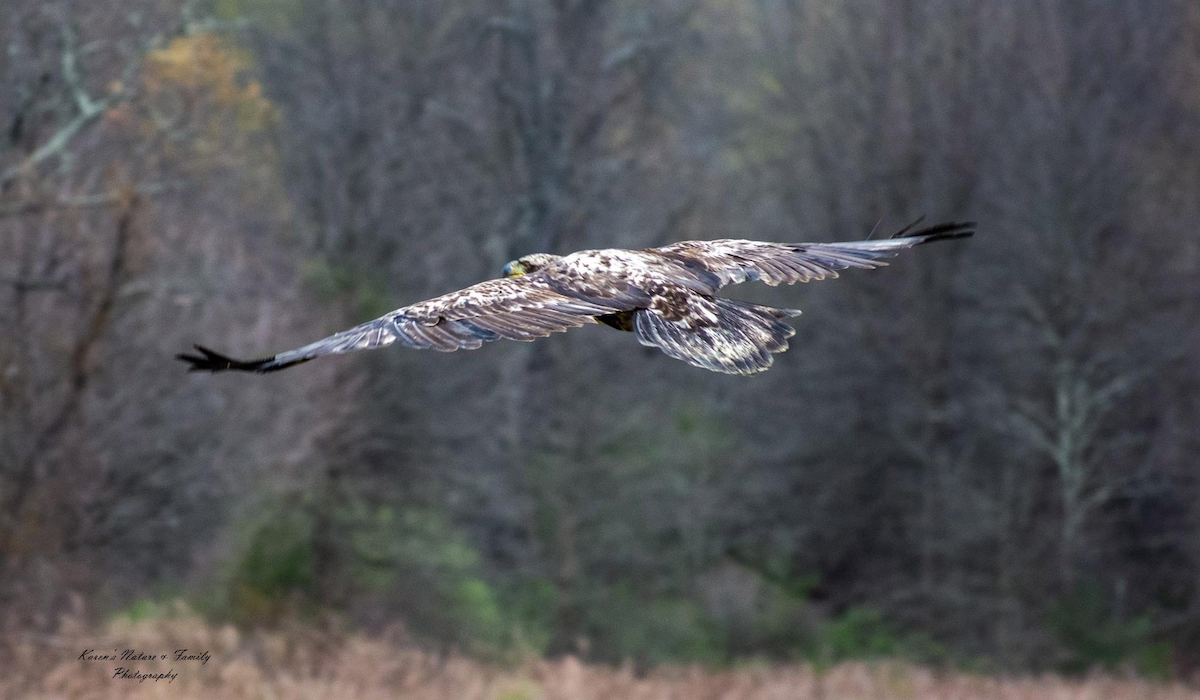
The young eagle, thankfully, made a full recovery. He was released almost three weeks later. However, not all animals are so lucky. I was overjoyed to hear of the eagle’s recovery, but that joy didn’t last. Not long after the young eagle’s release, an adult bald eagle was brought in after being hit by a car. After running tests, it was determined that this eagle was also suffering from lead poisoning.
This one was hit on the road and suffered a fractured humerus and other injuries. Blood work for this bird showed lead at 9μg/dL. This beautiful bird, that had beat the odds to make it to full adult age (5 years or older), was crippled. As stated above, any lead in the blood can slow a bird’s ability to react and dull its senses. I cannot prove the lead was the cause for its injuries, but it was certainly a factor.
This is an ongoing problem, and ignoring it won’t make it vanish. If you’d like to know more about conservation, organizations like the American Bird Conservancy and the National Wildlife Federation will be happy to provide you with more information. Hunt smart, hunt safe, and go enjoy this beautiful planet.
